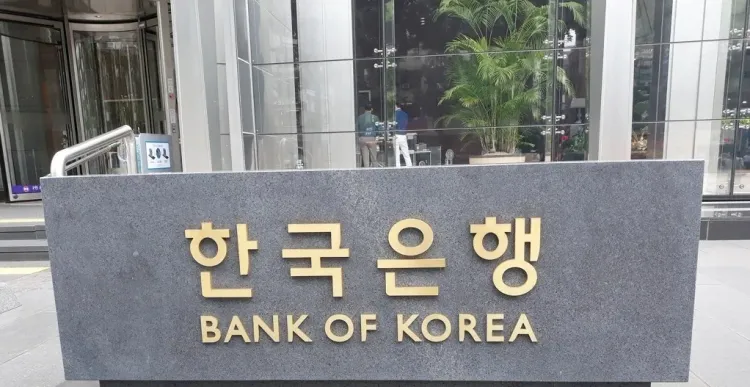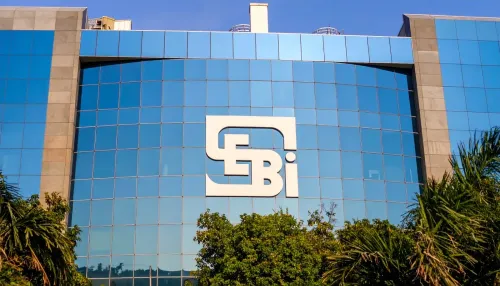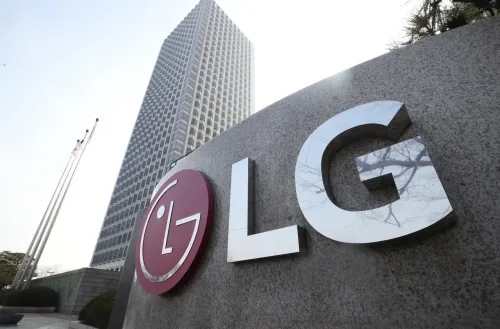South Korea: Producer Prices Increase for Fourth Month Due to Rising Oil Costs

Synopsis
Key Takeaways
- Producer prices rose due to global oil price hikes.
- The producer price index reached 120.33 in February.
- Year-on-year increase of 1.5 percent recorded last month.
- Increased prices influence future consumer pricing.
- KOSPI index showed slight gains amid mixed stock performance.
Seoul, March 21 (NationPress) In South Korea, producer prices experienced a modest rise from the previous month in February, driven by a recent surge in global oil prices, according to data from the central bank released on Friday.
The producer price index, an essential indicator of consumer inflation, reached 120.33 last month, an increase from 120.27 in January, based on preliminary figures from the Bank of Korea (BOK).
This index has been consistently rising since November, primarily due to elevated oil prices and a weakening local currency, as reported by the Yonhap news agency.
Year-on-year, the index recorded a 1.5 percent increase last month, marking the 19th consecutive month of growth.
Producer prices are crucial indicators that influence the direction of inflation, as they affect the prices businesses set for consumers in the upcoming months.
The price surge coincided with the average price of Dubai crude, South Korea's benchmark, which rose by 9.8 percent month-on-month in January, reaching US$80.41 per barrel. Experts noted that oil price increases typically influence producer prices with a delay.
A BOK official commented, "The rise in global oil prices in January impacted import prices through February due to customs processing times."
The domestic supply price index, which is derived from producer and import prices, increased by 0.2 percent month-on-month last month, marking the fifth consecutive monthly rise.
Consumer prices, another critical measure of inflation, rose by 2 percent year-on-year last month, following a 2.2 percent increase in January.
The central bank had previously projected annual growth in consumer prices of 1.9 percent by 2025.
On another note, South Korean stocks edged slightly higher on Friday, with major semiconductor companies gaining traction while some investors opted to secure profits from recent gains.
The benchmark Korea Composite Stock Price Index (KOSPI) rose by 3.71 points, or 0.14 percent, to reach 2,640.81 as of 11:20 a.m.
The index opened lower, reflecting losses from Wall Street overnight, and fluctuated within a narrow range as robust foreign buying countered stock selling by retail and institutional investors. High-cap shares exhibited mixed performance.









